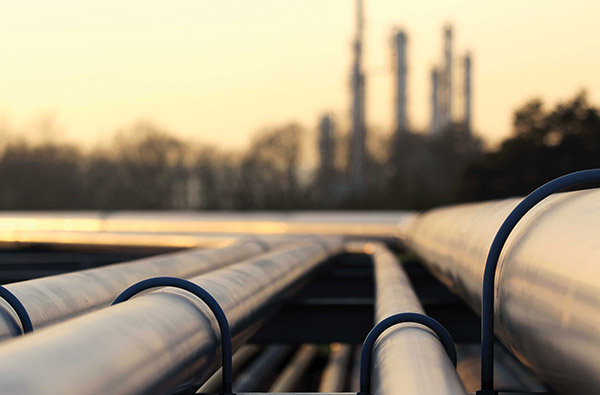API, LEPA Report Shows Strengthened Pipeline Safety Performance
(P&GJ) — The American Petroleum Institute (API) and the Liquid Energy Pipeline Association (LEPA) released their 2023-2025 Pipeline Excellence Strategic Plan and 2022 Performance Report, outlining the pipeline industry’s continuing record of safety performance and vision for addressing evolving challenges operators face.
This year’s report found that the safety of liquids pipelines increased across several key indicators, even as pipeline mileage and barrels delivered have increased.
“This year’s annual performance report shows pipelines are not only safe, but they are also getting safer,” Steven A. Yatauro, API-LEPA Pipeline Safety Excellence Steering committee chair and president of ExxonMobil Pipeline Co., said. “For the pipeline industry, no matter what our performance record says, we always want to do better. Internally we call that continuous improvement. We have a goal of zero incidents, because that is the safety culture we want to drive.”
The 2022 report shows that in the past five years, liquids pipeline safety has increased across several key performance indicators identified by federal and state regulators, industry operators and public safety advocates. Comprehensive safety management systems and robust safety programs, including advanced inspection and leak detection technologies, help operators safely deliver energy to Americans every day.
Based on data tracked and maintained by the U.S. Department of Transportation’s Pipeline and Hazardous Materials Safety Administration (PHMSA):
- Total pipeline incidents decreased 28 percent over the last 5 years, with 112 fewer incidents in 2022 compared to 2018, and liquids pipeline incidents impacting people, or the environment decreased 16 percent.
- Operations and maintenance incidents impacting people, or the environment declined 52 percent between 2018 and 2022. In these areas, incidents caused by incorrect operation decreased by 45 percent, while equipment failure decreased 42 percent.
“Pipeline operators are engaging with local communities to advance a safe, reliable and sustainable energy future and rising to confront new challenges, from securing operations from increasingly complex cyber threats to attracting an educated, dynamic workforce,” Robin Rorick, API Vice President of Midstream Policy, said.
The report also includes the 2023-2025 Pipeline Excellence Strategic Plan, which describes industry-wide safety improvement efforts to promote organizational and workforce excellence, improve safety through technology and innovation, increase stakeholder awareness and engagement, address cybersecurity threats and advance a safe and sustainable energy future. Through a commitment to continuous improvement and a culture of safety, pipeline operators are working every day to protect the communities and environment where they live and work.
Related News
Related News

- Keystone Oil Pipeline Resumes Operations After Temporary Shutdown
- Freeport LNG Plant Runs Near Zero Consumption for Fifth Day
- Biden Administration Buys Oil for Emergency Reserve Above Target Price
- Mexico Seizes Air Liquide's Hydrogen Plant at Pemex Refinery
- Enbridge to Invest $500 Million in Pipeline Assets, Including Expansion of 850-Mile Gray Oak Pipeline





Comments